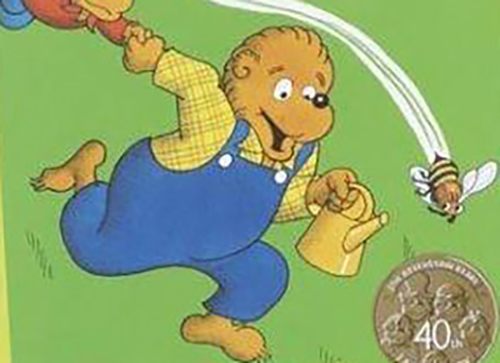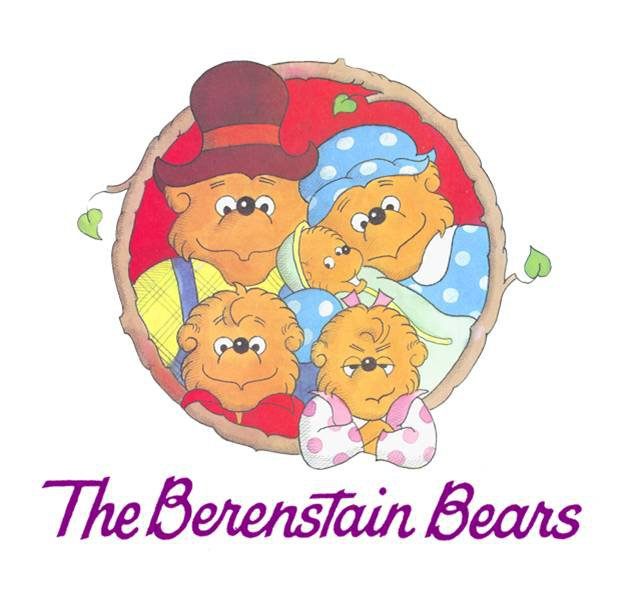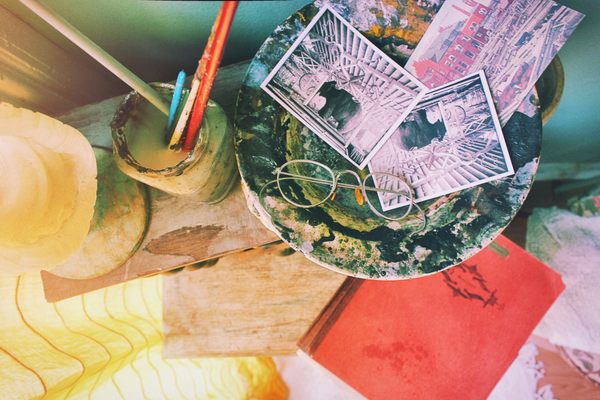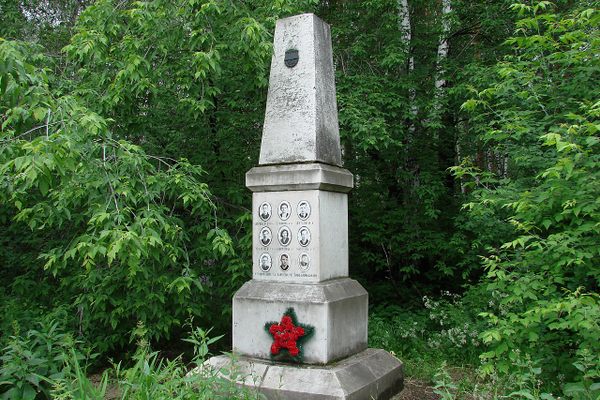Why People Have Such Strong Feelings About the Spelling of ‘The Berenstain Bears’
 (Photo: Random House/ Wiki Commons)
(Photo: Random House/ Wiki Commons)
Here’s a little quiz for you. Remember that book series, about the family of bears? Papa Bear had overalls, Mama Bear had a weird spotted bonnet, and Brother and Sister were always bickering over something. Likely you read some of the illustrated paperbacks and learned some cheerful lessons about Messy Rooms or Too Much Junk Food. Maybe you also caught an animated special or two.
Okay, take a deep breath. What were those bears called? The Berenstein Bears, right?
Wrong. The series is The BerenSTAIN Bears, because it was written by Stan and Jan Berenstain. Wikipedia knows this. The Library of Congress knows this. The Official Berenstain Bears Website is totally positive.
Many people, though—people who grew up with the Bears, and are now adults determined to pin down the objects of their childhood nostalgia—are less sure. Reddit users have been collecting proof in an attempt to de-stain the legacy. A typical reaction comes from Reddit user Hovanova: “I personally remember it being “stein” and will never change my mind about this.” A quick poll at your average after-work gathering will almost certainly reveal a large percentage of your cohort to be firmly in the -stein camp.
What is going on?
 (Photo: Random House/Wiki Commons)
(Photo: Random House/Wiki Commons)
The easy answer, for most of us, is that we’re remembering wrong. Berenstain is an unusual name; cursive is hard to read; the books on tape pronounced it “steen” and that was enough for us lazy kids. Others have a different, more sinister theory, one that doesn’t require them to admit any wrongdoing. It’s called the Mandela Effect.
First posited by paranormal researcher Fiona Broome, the Mandela Effect occurs when significant chunks of the population remember things happening differently than they actually did. The discrepancies might be as large as an extra U.S. state or as small as an alternate spelling of “definitely” (or, in the case of the Berenst#in paradox, sort of vertiginously small-large, forcing you to question your entire childhood based on one letter). These false cultural memories, Broome says, could be proof of parallel realities, or “timestreams,” that some of us once lived in but have since been shunted from.
Broome has been collecting examples of the Mandela Effect on her website, Mandelaeffect.com, for years. The name comes from a widely held conviction that South African president Nelson Mandela died in prison decades ago, rather than surrounded by his family in 2013. Many Mandela’d memories center around the deaths of famous people; other common themes are television plotlines that never occurred, landmarks placed differently than visitors remember, and products with alternate names (Jif or Jiffy Peanut Butter?) or histories (when was the Segway invented?).
 (Photo: Laura/flickr)
(Photo: Laura/flickr)
Of the hardcore Steiners—those who have searched their bookshelves and their souls and still know the Bears to be Berenstein—some believe in the timestream theory: many, like Mary Garcia, are comforted by the fact that they are at least “from the same reality” as each other. Others blame a meddlesome time traveler who, presumably, made a surprisingly consequential typo en route to interrupting the Y2K disaster. Still others pin the bear paradox specifically on a conspiracy of dubious provenance: “Somewhere along the line the name has changed to the Berenstain Bears,” a man named Louis wrote to Broome in 2014. “No record of “stein” which is definitely how it was when i was younger. No question about it.”
The Berenst#in Bears taught us many things—how to share, how to deal with nannies, and how to clean up after ourselves, for starters. But even they could not prepare us for the ravages of time, the strangeness of our own brains, or the contingencies of the Internet. So: when did Mandela die? How many states are there in the Union? Berenstein or Berenstain? Each of us, it seems, must decide for ourselves.










Follow us on Twitter to get the latest on the world's hidden wonders.
Like us on Facebook to get the latest on the world's hidden wonders.
Follow us on Twitter Like us on Facebook